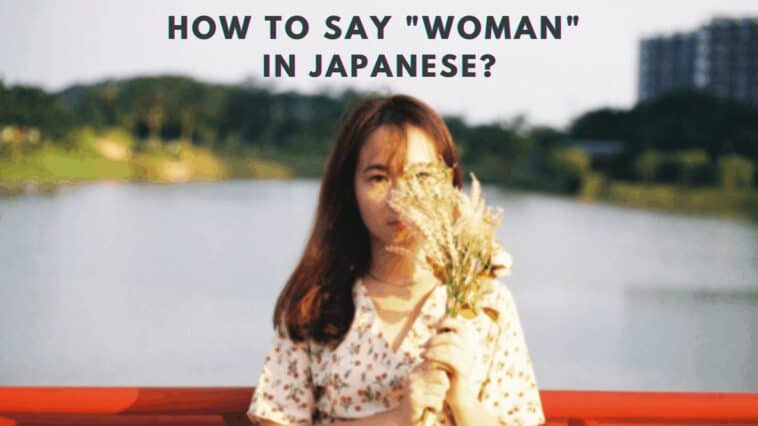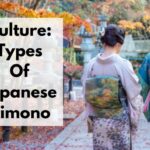If you’re looking to learn different ways to say woman in Japanese, then you’re in the right place. I’m going to tell you about the different ways you can refer to your woman.
If you want to please a woman in Japan, the first rule is to call her differently. Japanese people usually do not prefer calling names and rather use words synonymous with a woman to call their ladies.
You choose what you wish to call your woman in Japanese but be sure what you call her. This is because two different words can have entirely different meanings. So, choose your words wisely.
In Japanese, there are a dozen of words for some word even though it means the same. For example, the pronoun “I” has only one way to say in English but in Japanese, there are a lot of different ways.

Similarly, Woman is one such word, there are various ways to say woman in Japanese. For a lot of types, the meaning gets lost in translation from Japanese to English. Anyway, you’re going to learn different ways of saying it if you want to impress a Japanese woman.
What are the different ways to say woman in Japanese?
- Onna
- Fujin
- Josei
- Ojosan/Ojosama
- Okusan
- Okaasan
Page Contents
Ways to Say Woman in Japanese
| Japanese Words | English Meanings | Kanji |
| Onna | Traditional Woman | 女 |
| Fujin | Classy Woman | 風神 |
| Josei | Female | 女性 |
| Ojosan/ Ojosama | Affluent, young and carefree woman | お嬢さん / お嬢様 |
| Okusan | Ms. Interior/ Wife | 奥さん |
| Okasaan | Mother | お母さん |
Onna (女)
A simple, straightforward and generous term for a woman is Onna. It is commonly used in official documents when one needs to reveal their gender in forms or documents.
It is said to have evolved from the traditional female posture of kneeling with folded hands. This is the ultimate female posture that is still practised today at Japanese inns like a ryokan, formed by three lines in Japanese Kanji for a woman in dictionaries
However, Onna can sometimes be an insulting name for females, usually used to disdain upon someone for their stupidity, sexuality or bad temper.
Baka onna (stupid woman), hidoi onna (crewl woman), or ii onna (chick) is commonly used with a sexual reference.
When you want to praise a woman, use words like hito (person) or Josei (female), as in kirei na hito or kirei na josei refers to a beautiful woman.
It is also one of the popular ways to say woman in Japanese and you can use it in your everyday conversation while pointing out to a lady.
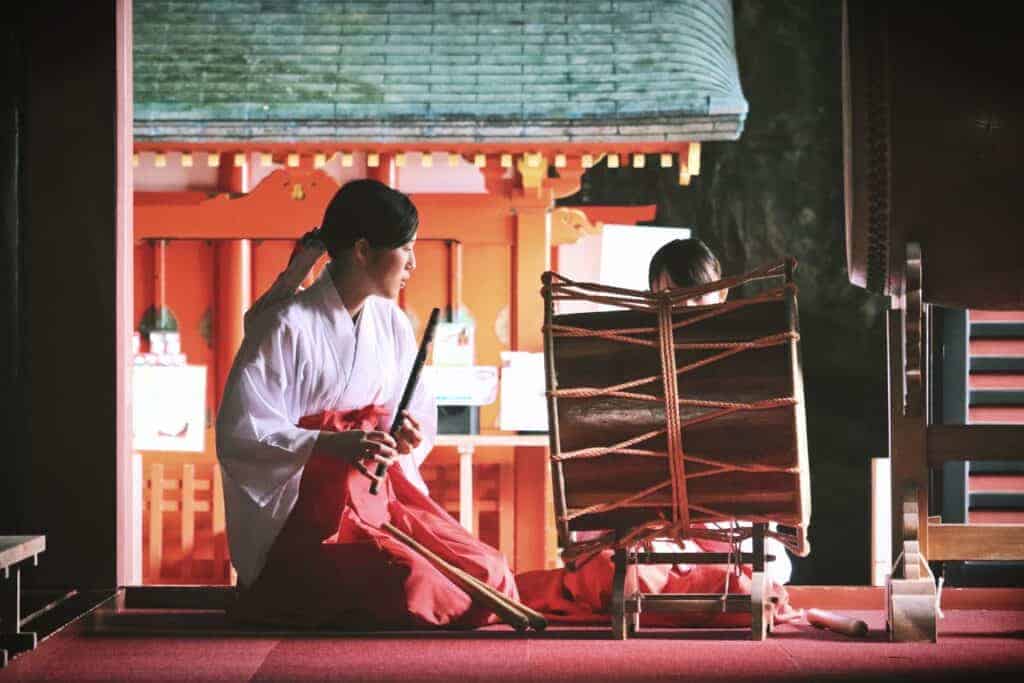
Related: Get yourselves schooled on how to use Japanese toilets, here!
Fujin (婦人)
If you’re familiar with Japanese culture, media and language, I’m sure you have heard Fujin quite a lot of times. Fujin is used to address celebrities or classy people.
Dewi Fujin (Sukarno), one of the most loved and hated leading lady of high society and television star, is the best example. Dewi is a big celebrity and a lady of class, hence she is referred to as Fujin.
Dewi owns that title because she married the Indonesian president, Sukarno and living a life most woman only dream of.
Fujin is also used at department stores for female fashion and goods. However, the Kanji origin says that it is a combination of “woman” and “broom”. What a combo, honesty!
If we try to translate Fujin into English, it would probably be “madam” or “lady” related to high esteem and financially affluent. Fujin is a term for a woman of great status who is married to a well-known figure or celebrities or politicians.
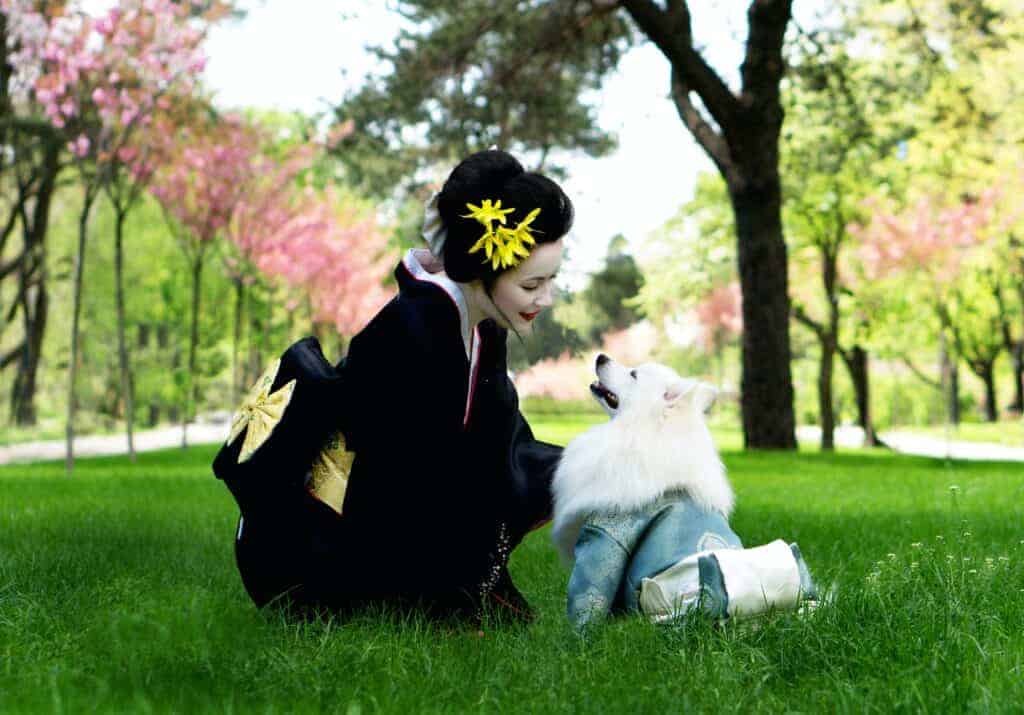
Related: 100 basic Japanese words that you should be knowing to speak Japanese
Josei (女性)
Josei became the official term for woman replacing Fujin in the official documents around the early 90s after the woman’s organisation directed that the word Fujin implies that all women are matured and married.
Josei is a woman in Japanese Kanji, a mixture of two words “sex” and “woman”. This is the most used term when you want to refer to a woman. It is equivalent to the term, female in English.
It is the safest and the most politically-appropriate term used for a woman in Japan. While there are a lot of Japanese words for female, this is the accurate one. Josei is one of the most popular ways to say woman in Japanese.

Related: Want tickets for the sumo match in Tokyo? Here’s how you can get them!
Ojosan/Ojosama (お嬢さん / お嬢様)
Ojosan or Ojosama literally translates to someone else’s daughter. It is used for someone who is spoiled, immature and dependant on others for a living.
In other words, If the Kardasians belonged to Japan, they would definitely be called the “K-ojosamas”, quite funny right?
Usually, it is used to describe a woman who is rich, young, carefree and has only a little to worry about. So, if you’re rich, popular, wide and young; you’re Ojosama in Japan!

Related: Check out how to make Japanese rice in the rice cooker here!
Okaasan (お母さん)
Everyone seems to be an Okaasan here, be it your own mother, your friend’s mother, your wife or your friend’s mother or wife. It is actually originated to call a woman with breasts.
One of the most bewildering words for the people who do not belong to Japan or aren’t familiar with Japanese is Okaasan. The word Okaasan is actually used for mothers. It is one of the most used ways to say woman in Japanese when referring to mothers.
It is common for married men to call their wives Okaasan or mama instead of their actual names.
The Kanji version of Okaasan is to refer to a woman who has children but it can also be used to address a woman who is an adult and is presumably about to get married and start a family life.
Mama is more commonly used for women who are bar owners or own karaoke-diners (Mama-san).

Related: Wanna be a pro in using washing machine from Japan? Here’s your guide!
Okusan (奥さん)
Okusan translates to “Ms Interior”, for a politer version use Okusama. It is usually used to refer to someone’s wife. But, more commonly, it is used on a woman who just hit the marital age and social status.
It points towards the inferior yet crucial position of observing everything from behind as the married women had in the family throughout most of Japanese history.
The Japanese Kanji words for Okusan not only means “Interior” but also “the depths far within a building” as Kittredge Cherry wrote in her book Womansword: What Japanese Words Say About Women.
Okusan or Okusama is commonly used by husbands or males while referring to their wives or first ladies still today. However, it is changing and transferring to a more neutral term Tsuma.
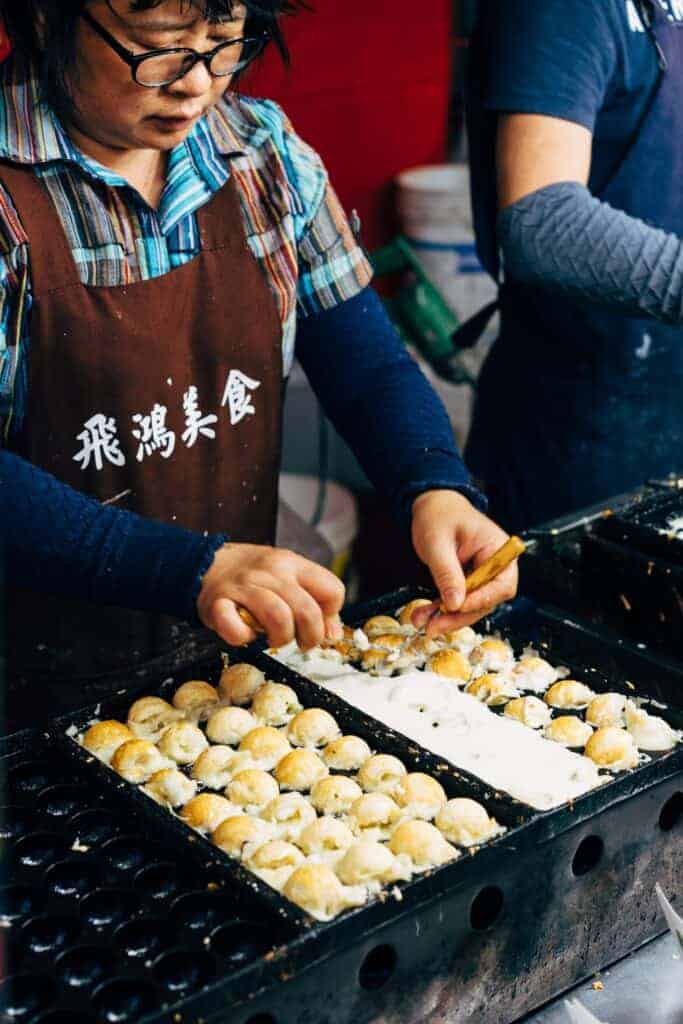
Related: Take a look at Japanese cookbooks for yummy meals!
Woman in Japanese: FAQs
How do you say woman in Japanese?
There are several ways to say “woman” in Japanese. The most common and general term is “女性” (josei). Another informal way is “女の人” (onna no hito). “女子” (joshi) is often used to refer to young women or girls. “女” (onna) is a simple word for “woman.” “婦人” (fujin) is a respectful term for a married or mature woman. “女性の方” (josei no kata) is used to politely address or refer to a woman, while “女性の方々” (josei no katagata) is the plural form meaning “ladies” or “women” in a polite manner.
What does Onna mean in Japanese?
In Japanese, “女” (onna) means “woman” or “female.” It is a simple and straightforward term to refer to the female gender or sex. It can be used in various contexts, but it is less formal than “女性” (josei), which is the more common and polite term for “woman” in Japanese.
How do you call a Japanese woman politely?
To address a Japanese woman politely, you can use the term “お嬢さん” (ojōsan). It is a respectful way to refer to a young lady or woman. Additionally, you can add the honorific “さん” (san) after their name or title. For example, if their name is Hiroko, you can address them as “Hiroko-san” to show politeness and respect. It is generally considered appropriate to use the honorific “さん” (san) when addressing individuals in a polite manner in Japanese.
Can you call a Japanese woman San?
Yes, it is common and appropriate to address a Japanese woman by adding the honorific “さん” (san) after their name or title. The honorific “さん” (san) is a polite and respectful way to address someone, regardless of their gender. So, it is perfectly acceptable to call a Japanese woman “Last Name + さん” (e.g., Suzuki-san) or “First Name + さん” (e.g., Hiroko-san) to show politeness and respect.
What are the most popular ways of saying woman in Japanese?
The most popular way to say woman in Japanese is Josei, it means female and is also used for official purposes.
However, the other ways of calling a woman are Fujin (used for famous ladies ), Okaasan (used for mothers), Onna (traditional woman), Ojasan (affluent and carefree woman) and Okusan (used for wives).
Make sure to use the right words for the right woman. It is considered disrespectful in Japanese culture if a woman is called names that don’t match their personality.
How to address a woman in Japanese?
Using San (~さん) is a title of respect added after the names of Japnese woman. It can be used with both male and female names. If the names or surnames aren’t mentioned, it can be attached after their occupation and titles to render respect for them.
It is advisable to always use San while calling a female because it is considered rude in Japan, if not done. Woman are respected and can be impressed by you if you use the right suffix.
How do you say “girl” in Japanese?
Shojo or Shoujo (少女, shōjo) is usually used to refer to a girl in Japanese. It is derived from a classic Chinese expression of the same characters. The Chinese characters actually mean “little” and “woman”.
However, other words that can be used to say “girl” in Japanese are Joshi, Garu, Otome, Nesan and On’naneko.
Also read:
- If you need a Japanese sim while you’re in Tokyo, here’s your guide!
- Wondering why the Japanese love raw fish? Check out here!
- Rent an apartment if you’re staying in Tokyo for longer, check out here!
- Types of Men on Japanese Dating Sites
- How to Adopt in Japan


